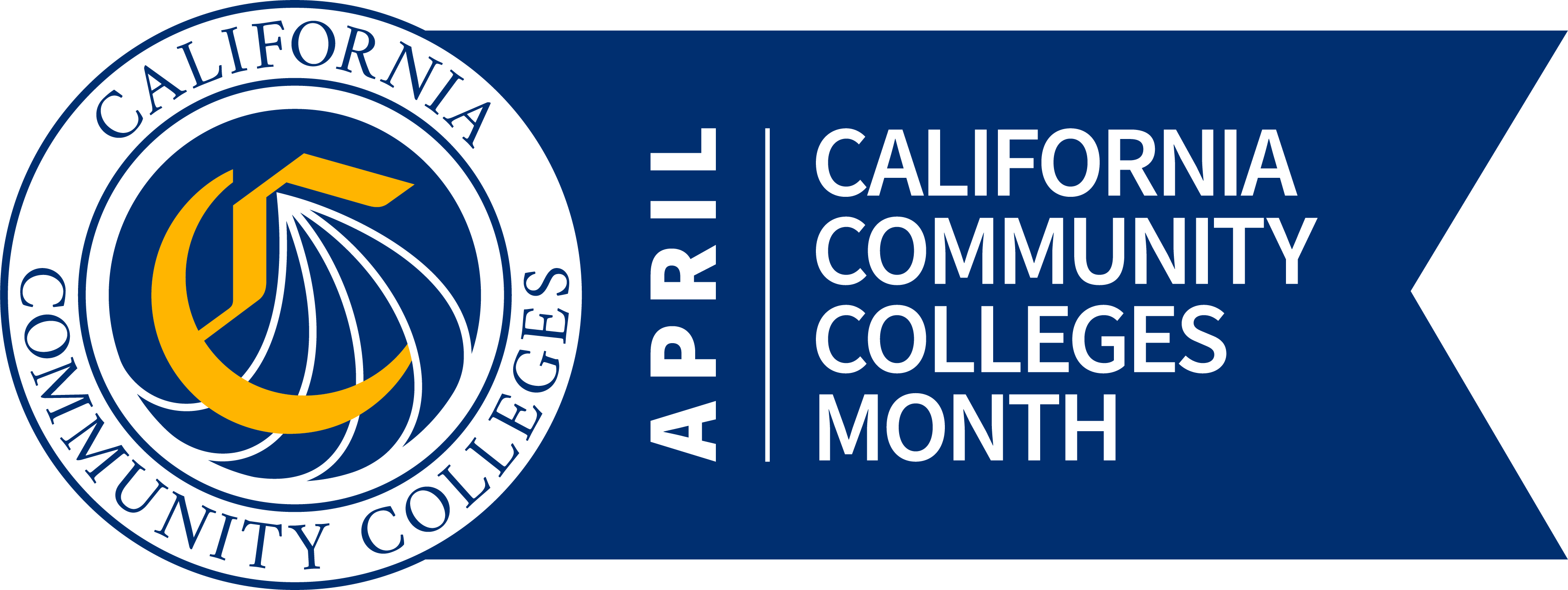Landmark legislation aimed at eliminating inequities by ensuring students are not wrongly placed in remedial courses that deter their educational progress is resulting in tens of thousands of additional students taking and passing college-level classes, according to a new study from the Public Policy Institute of California.
The report assesses the impact of Assembly Bill 705, which took effect Jan. 1, 2018, and addressed the fallacy driving years of policy that pushed hundreds of thousands of community college students into what often became a series of remedial classes based on assessment tests that inaccurately measured academic abilities. Making matters worse, research showed low-income students and students of color are far more likely to be placed in remedial courses, leading to frustration with the process and higher dropout rates among underserved populations. After years of piecemeal reform, AB 705 prohibits colleges from placing students in remedial courses unless evidence suggests they are highly unlikely to succeed in a college-level class. Instead of relying on assessment tests, placement is based on high school coursework, high school grades, or high school grade point average.
“AB 705 led to substantial gains in access to gateway courses on a scale that we have never seen before and that would have been difficult to imagine just three or four years ago,” said Marisol Cuellar Mejia, a senior research associate at the PPIC Higher Education Center. “Moreover, the Community Colleges system made great strides in eliminating longstanding inequities in access and historically underrepresented students saw dramatic gains.”
The California Community Colleges views AB 705 as critical in meeting the equity goals set forth in its Vision for Success. One such goal asserts the need to eliminate achievement gaps within the next decade, and research regarding assessment and placement strongly indicates that low-income students and students of color are significantly more likely to be placed into remedial courses than other students.
“This report shows us that when given the opportunity, our students, all of our students are more than capable of excelling, said Aisha Lowe, Vice Chancellor of Educational Services and Support. “These results demonstrate the efficacy of the AB705 reforms which forced us to confront an unfounded practice of testing and sorting students, a practice that is frankly based in a eugenics history that is fundamentally racist. These results confront that history and the false ideology that some students can learn at a certain level and others cannot.”
Among the report’s findings:
- Some 96% of students taking an English course for the first time in 2019 enrolled in college-level composition and 78% of first-time math students took transfer-level mathematics courses. That is up from 38% and 21% respectively compared to 2015. Seventy-one percent of African American students began in transfer-level math
- Altogether, 61% of first-time English students and 40% of first-time math students passed their college-level course with a C or better, which is well more than double the percentages from four years ago
- Students who receive additional academic support in a college-level course via co-requisite remediation are far more likely – by 30 or more percentage points – to complete a gateway course in one term than students who start in a remedial course do in one year.
- Latino and African American students are more equitably represented in college-level composition and mathematics courses as a result of AB 705, but equity gaps remain when it comes to success rates and the total number of students enrolling in math for the first time has dropped by more than 16% over the past two years.
Lowe emphasized that more work needs to be done. Among the report’s recommendations: ensure placement methods broaden – rather than limit access, and encourage placement into co-requisite courses when needed; prioritize closing racial equity gaps; get a better understanding of how to serve students with varied academic skills and backgrounds; and commit to evidence-based continuous improvement.

